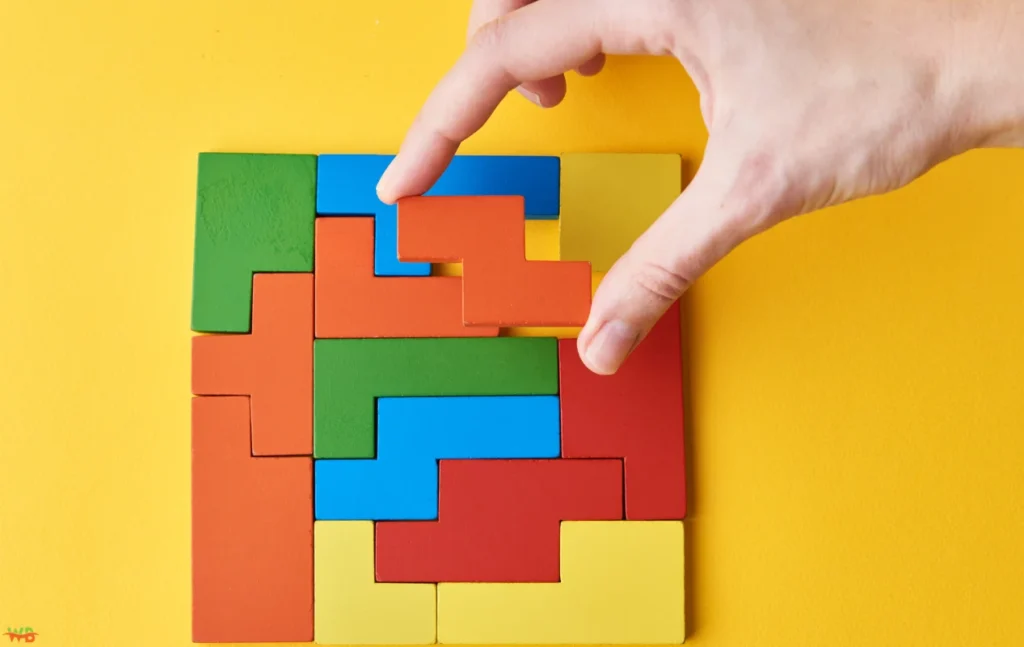Boosting Mental Agility
Puzzles do more than just entertain; they are a powerful means of boosting mental agility. Engaging in puzzle activities like crosswords, word searches, and Sudoku can help sharpen your mind. Websites like Penny Dell Puzzles offer an excellent variety of brain-boosting puzzles that cater to different preferences. Brain teasers engage various cognitive areas, enhancing creative and analytical thinking. Research indicates that puzzles boost thinking speed, enhance short-term memory, and strengthen cognitive abilities. Suitable for all ages, puzzles offer a range of difficulties and also introduce new vocabulary and trivia, fostering continuous mental growth and agility. Regular puzzle-solving helps keep the brain sharp and adaptable.
Warding Off Cognitive Decline
Regularly solving puzzles can play a significant role in maintaining brain health. Maintaining brain activity helps create a cognitive reserve that can postpone the development of dementia and other cognitive disorders. These findings highlight the importance of mental engagement in mitigating age-related cognitive decline. Regularly challenging the brain with puzzles can build resilience and protect against aging effects. Integrating puzzles into daily routines fosters long-term cognitive health, enhancing mental sharpness, decision-making, and overall quality of life. Like physical exercise for the body, mental exercise strengthens the brain, promoting better interactions and more enjoyable daily experiences.
Enhancing Problem-Solving Skills
Puzzles are a great way to improve your ability to think logically and critically. Each puzzle challenges individuals to think creatively and systematically, improving their problem-solving abilities in everyday situations. Regular engagement with puzzles fosters independent thinking, innovative problem-solving, and resilience through trial and error. These skills are necessary for success in personal and professional endeavors, so puzzles are a valuable tool for enhancing cognitive abilities and making well-informed choices.
Different Types of Puzzles
Puzzles come in various types to suit different interests and cognitive goals. Crosswords enhance vocabulary and general knowledge, while Sudoku improves numerical and logical reasoning. Each type of puzzle provides distinct advantages, addressing various preferences and goals for mental growth.
- Crosswords: Ideal for expanding vocabulary and knowledge, crosswords provide educational challenges through diverse clues. Regular engagement helps build a robust lexicon, benefiting written and verbal communication.
- Sudoku: A number-based puzzle that boosts logical reasoning and mathematical abilities. Sudoku requires continuous strategy adjustments and remains famous for its mental stimulation.
- Jigsaw Puzzles: Improve spatial reasoning and attention to detail, which is especially beneficial for visual learners. They enhance cognitive processing speed and offer stress relief through their hands-on, calming nature.
Every puzzle type presents distinct challenges and benefits. Whether you prefer the linguistic twist of a crossword or the spatial intricacies of a jigsaw, there’s always a way to keep your brain engaged and growing.
Integrating Puzzles into Daily Routines
Consistency is crucial to optimizing puzzles’ advantages. Integrating them into your daily routine, such as setting aside specific times or using idle moments for mini-puzzles, helps maintain cognitive stimulation. Digital formats, like apps and websites, make it convenient to include puzzles in your day, whether through traditional books or mobile devices. Moreover, engaging family and friends in puzzle-solving can turn it into a social and collaborative experience, increasing enjoyment and strengthening social bonds.
FAQs
1- How often should I solve puzzles to see cognitive benefits?
- Participating in puzzles everyday or a few times each week can help keep up with and work on mental capability. To benefit in the long run, consistency is essential.
2- Can puzzles help with stress relief?
- Yes, solving puzzles can serve as a relaxing activity that helps reduce stress and anxiety. A mental break from the demands of daily life can be provided by the required focus.
3- Are there puzzles specifically designed for children?
- Absolutely! There are many puzzles tailored for different age groups, helping children develop critical thinking, problem-solving, and motor skills.
4- Do digital puzzles offer the same benefits as traditional ones?
- Digital puzzles can provide similar cognitive benefits as traditional puzzles, with the added convenience of accessibility on various devices.
5- Can puzzles improve social interaction?
- Yes, puzzles can be a great way to bond with others, whether through collaborative problem-solving or friendly competition, enhancing social interaction and teamwork.


